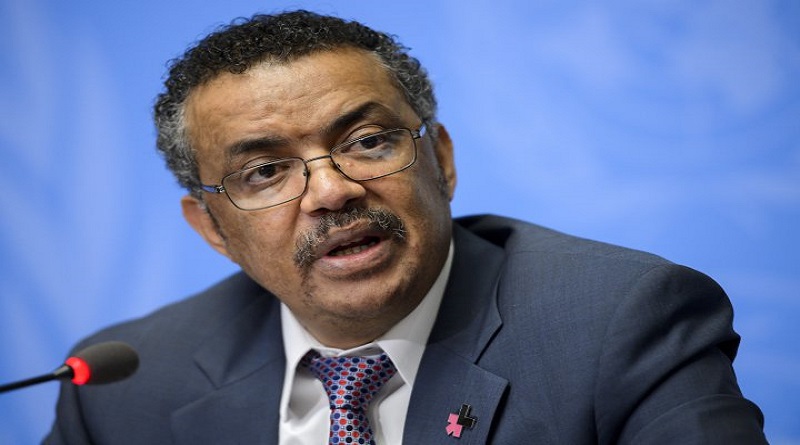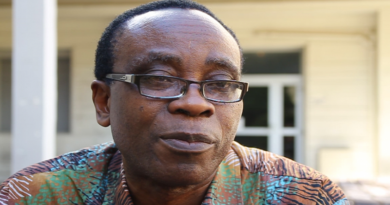WHO convenes global stakeholders on assistive technology
The World Health Organisation (WHO) will on Thursday and Friday 22-23 August 2019 hold a global consultation on assistive technology to gauge global demand and supply, bottlenecks to access and ways to improve the availability of quality-assured, affordable assistive products for everyone who needs them.
Assistive products include hearing aids, wheelchairs, communication aids, spectacles, artificial limbs, pill organizers, memory aids and other essential items that improve quality of life. Everyone will need an assistive product or more eventually, but people living with disability and ageing populations are the groups in greatest need.
“Appropriate assistive technology provision reduces the need for formal health and support services, long-term care and the work of caregivers,”
WHO estimates that 1 billion people globally need at least one assistive product but that only one person in 10 has access due to high prices, lack of awareness and a shortage of trained staff.
For example, 75 million people need a wheelchair today but only 5% to 15% of them have access to one. 466 million people globally experience hearing loss. Hearing aid production currently meets less than 10% of the global need. And 200 million people with low vision do not have access to glasses.
“Appropriate assistive technology provision reduces the need for formal health and support services, long-term care and the work of caregivers,” explains Mariângela Simão, WHO Assistant-Director General for access to medicines and health products. “As well as improving the lives of millions it saves precious health resources.”
WHO will use the consultation as a platform to advocate for all countries to prioritise assistive technology and establish the necessary policies and regulations to enable greater access. At a global level, WHO will be underscoring the importance of innovation, especially for service delivery systems and workforce, to meet the increasing needs, as numbers of people living with disability, noncommunicable diseases and ageing populations continue to rise globally.
Participants in the consultation include representatives from national health ministries and parliaments, professional organizations, academia, user groups and other civil society, and industry. Best practices and country case studies will be showcased as well as academic papers containing the best available evidence to date.
The outcome of discussions will be captured in the first ever global report on effective access to assistive technology, which will inform WHO’s future agenda on this topic along with a roadmap for country actions.




